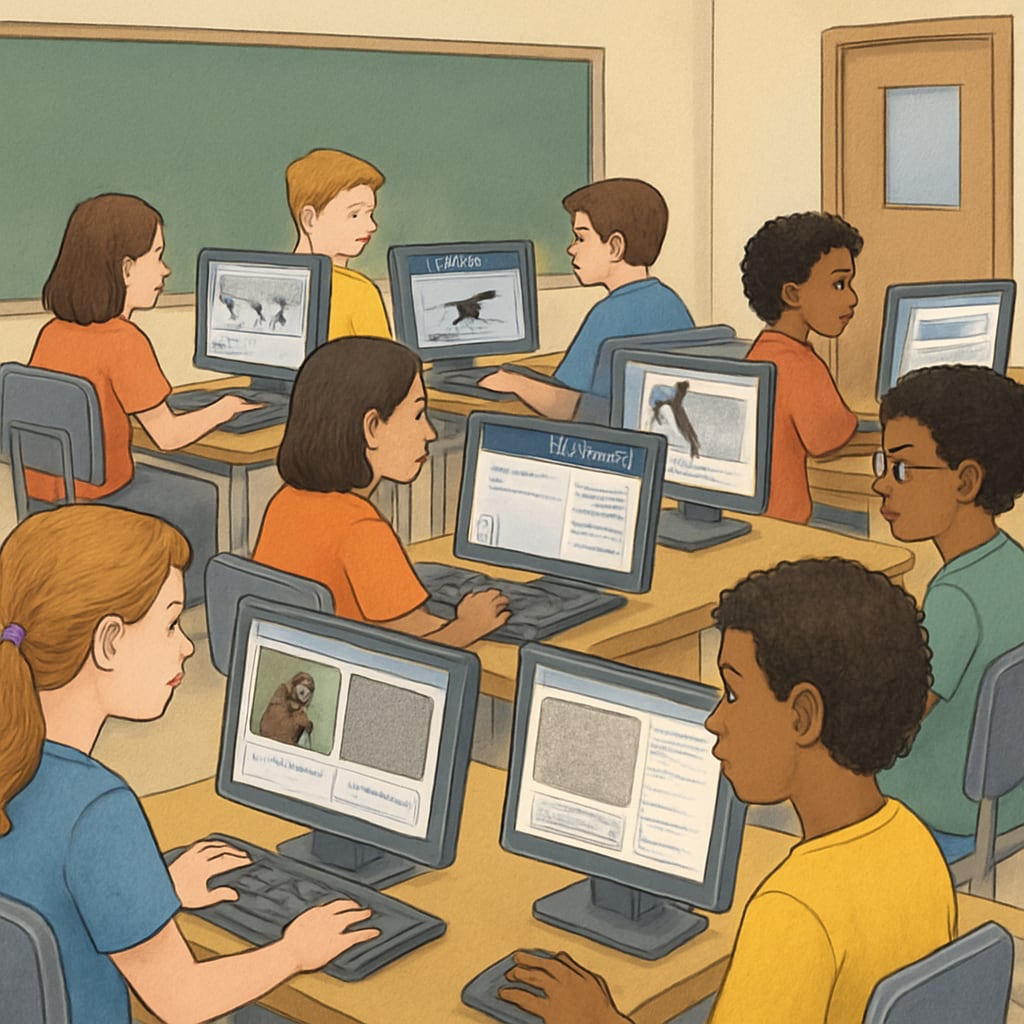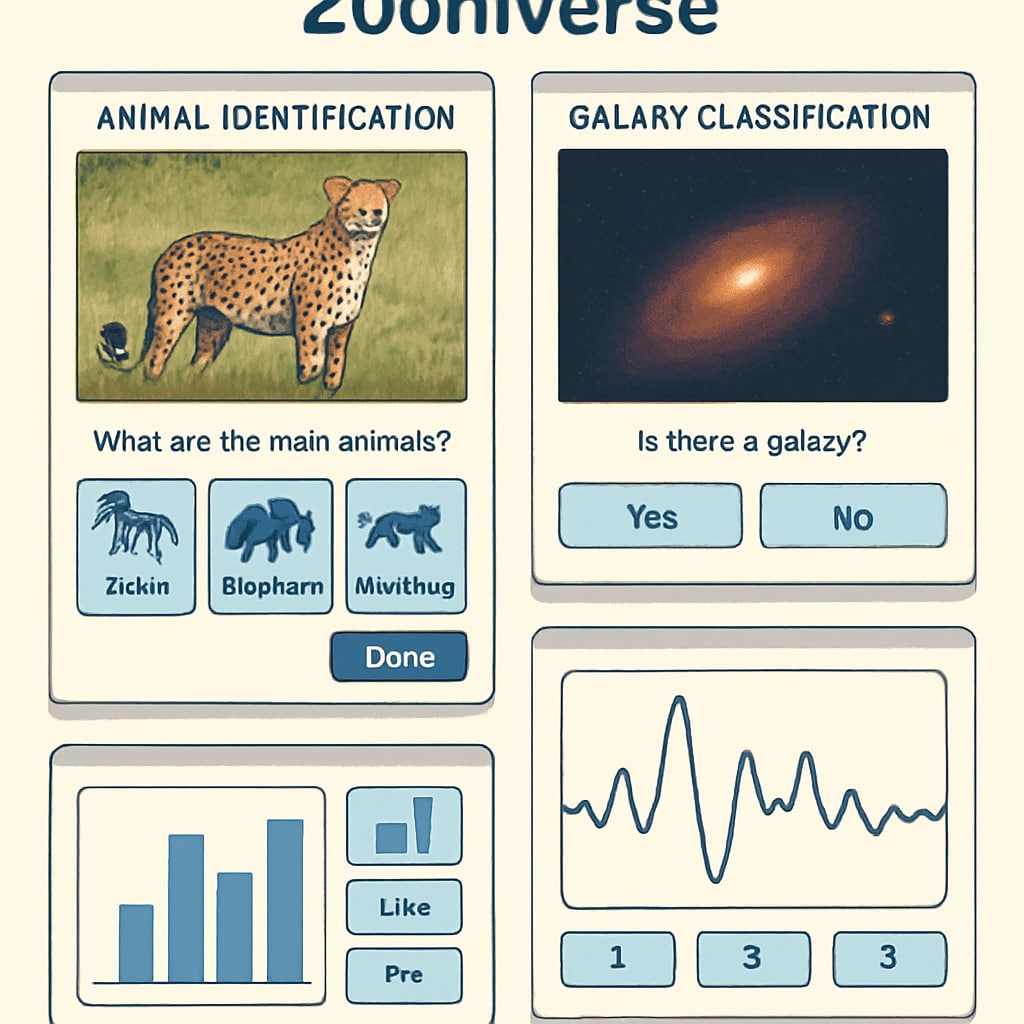Citizen science, Zooniverse, and scientific projects are reshaping the educational landscape, offering K12 students hands-on experiences in authentic research. Zooniverse, the world’s largest citizen science platform, allows individuals, including students, to contribute to real scientific discoveries in fields ranging from astronomy to ecology. Integrating Zooniverse into K12 classrooms not only enhances STEM education but also cultivates critical thinking, problem-solving skills, and a sense of civic responsibility.
What is Zooniverse and Why Does It Matter in Education?
Zooniverse is a global platform that connects volunteers with scientists to help classify data, identify patterns, and make groundbreaking discoveries. It hosts a variety of projects, such as identifying wildlife in trail camera images or analyzing galaxy shapes. For K12 students, Zooniverse offers an unprecedented opportunity to engage with science beyond textbooks.
By participating, students can:
- Work on real-world problems alongside scientists.
- Develop STEM skills like data analysis and observation.
- Gain a deeper understanding of the scientific process.

Additionally, the platform is user-friendly, requiring no prior scientific training, making it accessible for learners of all ages and backgrounds.
How Zooniverse Can Be Integrated into K12 Classrooms
Teachers can use Zooniverse to supplement STEM curricula with engaging, hands-on activities. For example, students can participate in projects like monitoring penguin populations or identifying distant stars. These activities not only align with STEM standards but also make science relatable and fun.
Ways to incorporate Zooniverse into classrooms include:
- Assigning projects as part of science lessons or as independent research tasks.
- Using Zooniverse data to teach statistical analysis and critical thinking.
- Encouraging collaborative work by assigning group-based tasks within the platform.

For teachers seeking resources, Zooniverse provides project guides and detailed instructions, ensuring seamless integration into lesson plans.
Fostering Civic Awareness Through Citizen Science
Participating in Zooniverse projects not only enhances STEM skills but also fosters a sense of civic duty. Students learn that their contributions directly impact scientific research and decision-making processes. This instills a sense of responsibility and awareness about global challenges such as climate change, wildlife conservation, and space exploration.
For example:
- Contributing to ecological studies can help students understand the importance of biodiversity.
- Engaging in astronomy projects can inspire curiosity about the universe and humanity’s role within it.
- Participating in disease-related projects can highlight public health issues.
As a result, Zooniverse not only educates but empowers students to become informed and active citizens who make meaningful contributions to society.
The Impact of Zooniverse: Beyond the Classroom
The benefits of Zooniverse extend beyond academic settings. Students who engage with the platform often develop long-term interests in STEM fields and pursue careers in science, technology, engineering, and mathematics. Moreover, the collaborative nature of Zooniverse projects teaches teamwork and communication skills, which are essential for future professional success.
Educators and parents should explore the platform as a tool to inspire curiosity, creativity, and a lifelong passion for learning. By integrating Zooniverse into K12 education, we can nurture the next generation of scientists, researchers, and innovators.
Conclusion: Zooniverse is more than just a citizen science platform; it is a gateway to authentic scientific exploration for K12 students. By bringing real-world research into classrooms, it bridges the gap between learning and doing, making STEM education more engaging and impactful. As students contribute to scientific projects, they not only learn but also grow as responsible citizens, ready to tackle the challenges of tomorrow.


